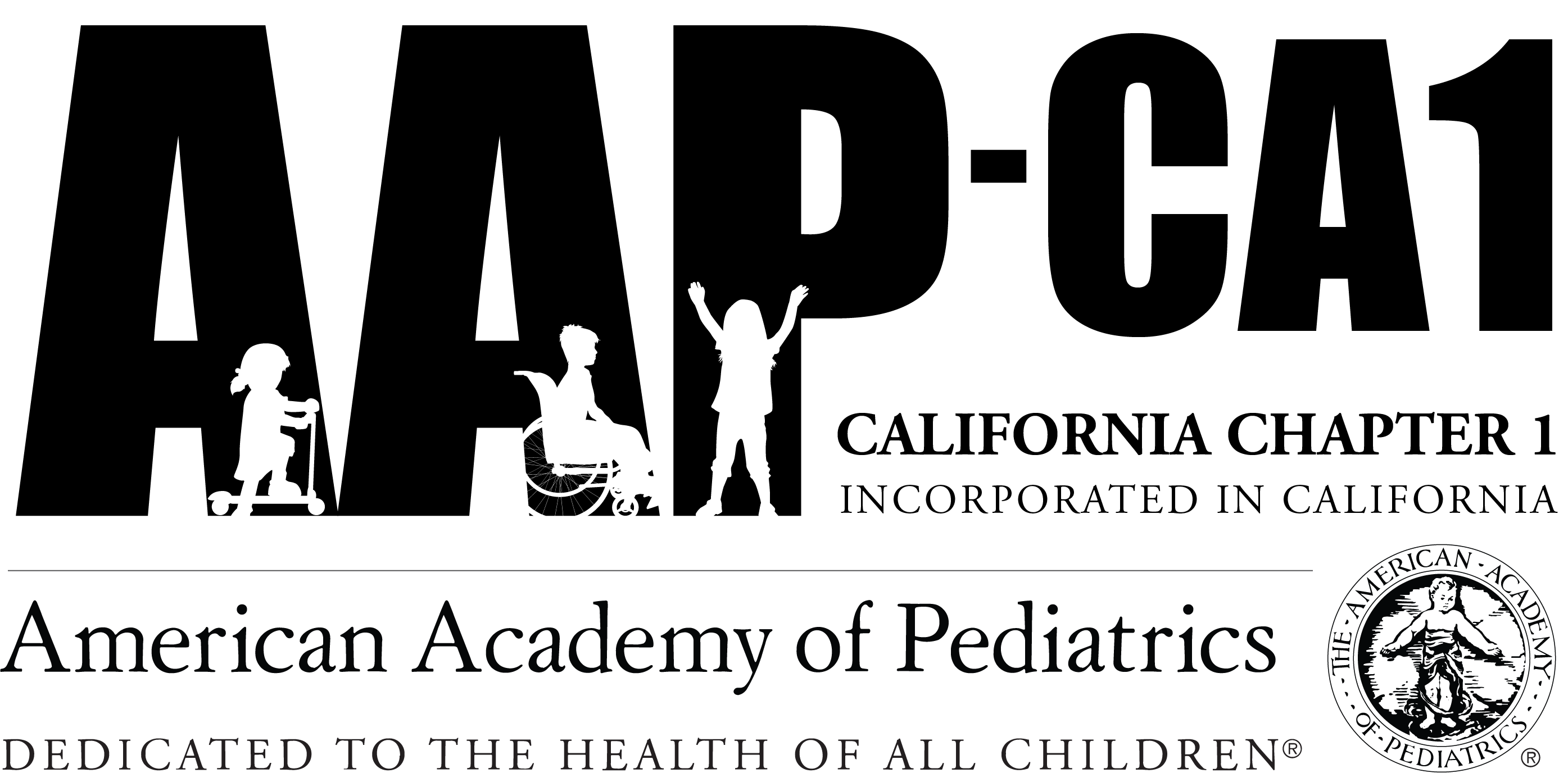What’s Up Docs? Article
Diane Dooley, MD, FAAP
Mental Health Committee Chair, CA-AAP 1
Posted June 5, 2024

.
Do you ever have questions about how to manage your patients’ behavioral health problems, such as depression, ADHD or anxiety? Good news! Pediatricians and primary care providers throughout California now have a statewide psychiatry consultation and support program designed to increase timely access to mental health care for children, youth and their families.
On May 21 and May 28, California Chapter 1 AAP is hosting two Chapter Chats about the resources available through the California Child and Adolescent Mental Health Access Portal (Cal-MAP), which is an expansion and re-branding of UCSF’s successful Child & Adolescent Psychiatry Portal (CAPP) program. This program, initiated in 2019, previously served only Northern and Central California. However, with added funding from the California Department of Health Care Services (DHCS) and the Health Resources and Service Administration (HRSA), Cal-MAP has expanded its team of child and adolescent psychiatrists, psychologists and social workers to provide weekday, no-cost consultation and support to PCPs treating youth ages 0-25 years throughout California.
The Chapter Chat on May 21 will describe the resources available through the Cal-MAP portal, including how to sign up for it. The first step to using this program is to register yourself and, if possible, seek the support of your clinic in registering all of the primary care clinicians in your practice on their newly revamped website: https://cal-map.org. The registration process is straightforward and, once completed, gives you access to consults and care navigation, as well as opportunities for shared learning and CME, such as Project ECHO. Practices are encouraged to enroll as a group and subsequently meet with a Cal-MAP child and adolescent psychiatry faculty member via Zoom for a brief orientation to the services. The orientation meetings give Cal-MAP the opportunity to learn about your practice’s needs as well as provide information on what Cal-MAP offers and how to best access their services. They can also provide information to your practice leaders on the importance of managing behavioral health concerns in your clinic with the support of timely consultations.
After you have completed the initial registration for the program, you can request a consult either by phone at 1-800-253-2103 or online at https://cal-map.org/. Consult hours are Monday through Friday between 8:30 am – 4:30 pm. Upon completing background information on the patient, you request a consult as soon as possible, in which case they will generally call you back within 5-10 minutes, and no longer than 30 minutes. You can also request a call at a specific time or date in the next few days. Cal-MAP will send primary care providers a brief consult letter via email or fax after the discussing the case with you and making recommendations.
The resources available for CME/educational support and resource navigation programs will be the topic of the second Chapter Chat on May 28th. Their educational curricula/CME, and on-line tools and referral resources are an essential support system for primary care providers addressing behavioral health concerns. Cal-MAP and other national pediatric mental health care access programs find that by accessing these resources and consultations, PCPs generally begin to expand their knowledge and comfort in addressing behavioral health issues within their practice. Many of the questions initially focus on the use of medications and related diagnostic and treatment planning questions; however, in time, through repeat consultations and access to the educational programs, most providers find their knowledge and confidence in addressing these issues increase to the point where their consultations focus on more complex patients or those in need of specialty services.
For more information on the consultation program, educational and resource navigation programs, see the website at: https://cal-map.org
Read more What’s Up, Docs? Articles
